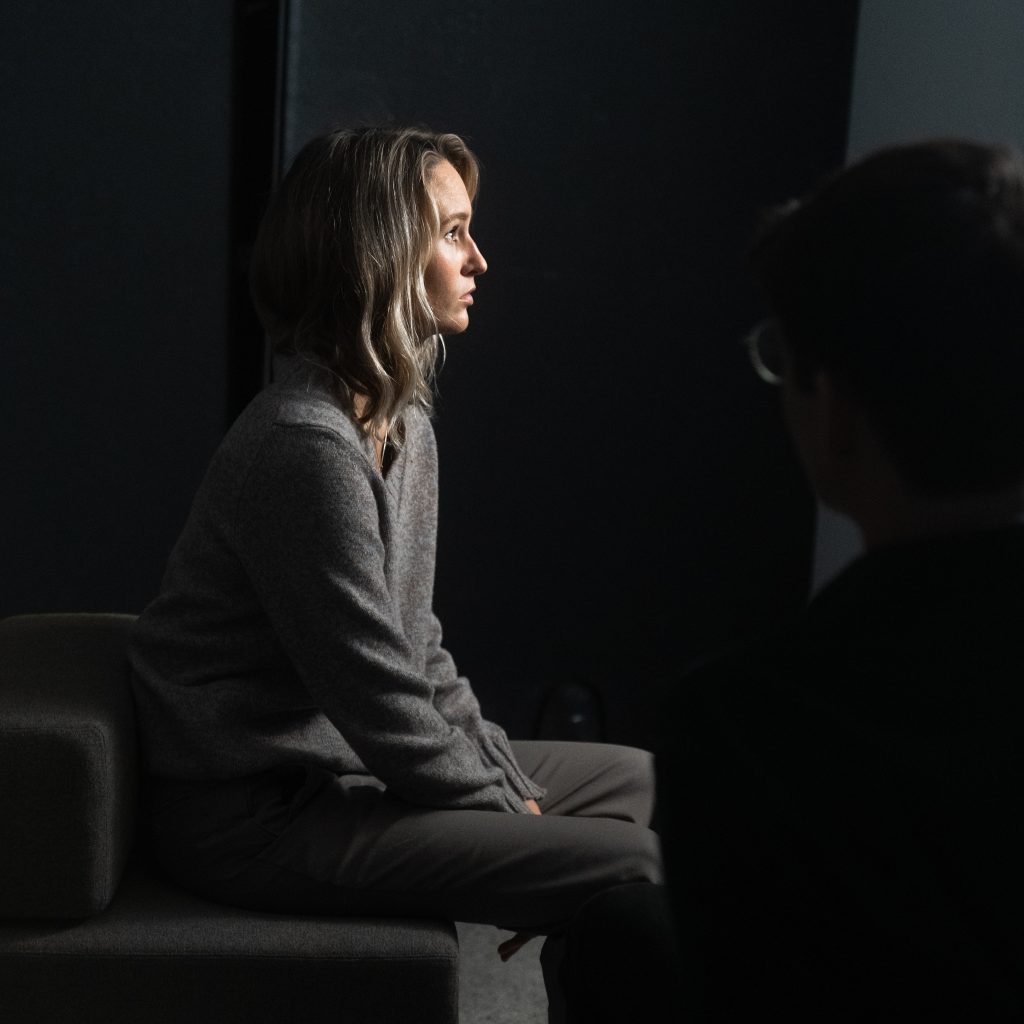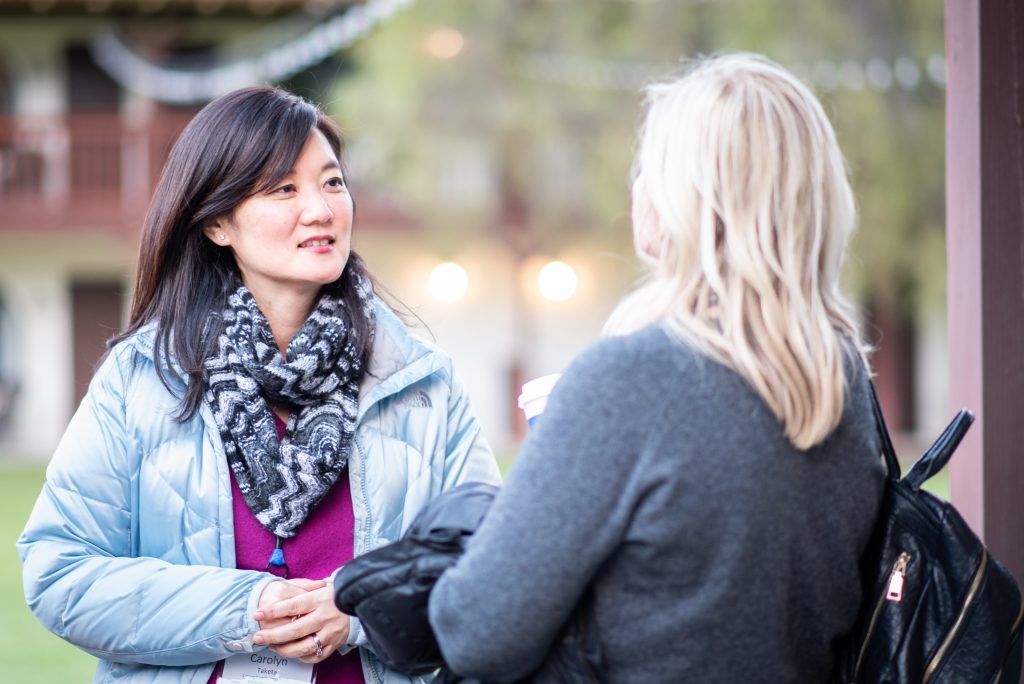The DV Health Nook is Gray’s Trauma-Informed Care Services Corp’s Blog Corner. Here, there will be series dedicated to the stories of victims and survivors of trauma and domestic violence. We will provide analysis of systems at work within the stories. Finally, we will offer an aspirational look at the social change we want to see in the world.

Series I. : Changing the Trajectories of Victims of Domestic Violence and Trauma
Stories of how to help victims and survivors of domestic violence and trauma shift their focus and change the trajectories of their lives. (Part of Shifting the Focus 2022 in Collaboration With the California Partnership to End Domestic Violence)
by
Dr. Amber D. Gray, DBH & Tabitha M. Chapman, MFT
INSPIRING JANE DOE
In 2007, I facilitated an empowerment group for women who were victims of domestic violence, sexual abuse, and early childhood trauma. This group was not to provide therapy for the women. It was an adjunctive to assist them in expressing their thoughts and feelings about themselves, their skills, and their future. Each morning, I brought the women coffee and donuts, a bit of caffeine and sugar rushes, to kick start the day. We’d gather the chairs into a circle as if they were in a share and tell.

During one morning’s facilitation, a woman I shall identify as Jane Doe was scheduled to read her paragraph about herself, her skills, and her potential future. Jane was a rough woman who had a difficult life. She rarely came to the group and did not like to talk in the group facilitation. Frankly, she rarely came to the facility at all. The day of her reading was surprisingly one of the days she did.
She scoffed at the idea of the assignment. She looked around the room, shaking her head. She gave me a look that let me know she was irritated with me. I smiled at Jane. “Whenever you are ready, Jane,” I said, encouraging her to speak. She rolled her eyes hard but stood up. She reached into her pocket, taking out a folded piece of paper. She unfolded it. She rubbed her face nervously and began to read from the paper.

“There is not much to say about me. My life was hard. It still is hard. Each morning, it’s the same old thing… how am I going to pay the bills? I hear my son crying from his bedroom. I want to scream. I don’t. I’m his mother. He didn’t ask to be here. I have to help him. I have no skills. Not sure that I do have a future. What gets me through my day is my boy. Cold, heat, snow, it doesn’t matter; I’m always here for my boy. I come to this group because there are things I learn sometimes. Not all the time. Some. It helps me get things done so that I can help my son. There is nothing else to say about me.”
After reading, Jane folded the paper and jammed it into her pocket. She sat down. A few women snickered at Jane’s reading, but most clapped. Jane muttered under her breath, “stupid ass assignment.” Other women had gotten up and read their paragraphs. When the group was over, I asked Jane to stay after. She slammed her fist against her thigh. It reminded me of a teenager in high school who was upset that they may have gotten in trouble. When the room cleared, I asked Jane to sit. She did. Before I could say anything, Jane started defending herself.
“This is a dumb assignment. I did my best. I have no skills. I have nothing. Don’t get me in trouble with the program. This is all I got. I’m learning to do stuff here. I told you I didn’t want to do this.”
I reassured Jane that she was not in trouble. I discussed her aptitude for tenacity and perseverance. I explained that she could be in a position of leadership if she shifted her focus a bit. I had Jane’s attention. I pointed out that in so few words, she had told a story that most women could relate to. Jane rubbed her brow with the sleeve of her sweater. The room we were in was stuffy and a little warm but tolerable. Jane smiled at me.
“You think I am a leader,” she asked.
“Jane, I think you have untapped talent. Could you work on a project with me? It’s a paid position, not much money, but it’s in our budget. I want to start helping the women by teaching them how to get through each day, one day at a time. We can create a little bulletin board with ways to take that step when we don’t feel like it,” I said.
At first, Jane’s face beamed with light. I had never seen that look on her face before. The complex and angry woman was gone. In her place sat a woman with so much promise and potential. Jane looked like a woman ready to take on the world. Then, in an instant, the smile left her face. Her radiance was gone. Jane stood up.
“Counselor, thank you for the offer. I have no time; I don’t have the time to create a happy bulletin board or empower these other women,” she said as she stood up and left the room.
Victims and survivors of domestic violence may feel like they are everything their abuser(s) said to them. They may not feel like they are enough.
Gray & Nadeau, 2020
I got up and ran after her a bit. “If you change your mind. Just come in one hour earlier next group.” Jane never turned around. She exited the building. I left the office a bit deflated that day. I hoped Jane would have taken up the charge.
A month later, I arrived at the office for the subsequent group facilitation to open up our meeting room. Jane was standing outside of the building. Her hands were in her pocket. She looked over at me.

“What if I am not good enough? What if you are wrong about me? I may disappoint you,” said Jane.
I patted her on the back and let her inside the building. I gave her a big smile. She looked, awaiting my response.
“I’m fascinated right now. I can’t wait to learn how you do what you do. I hardly wanted to come to work today. Let’s see what we can learn from each other and teach the women.”
Jane gave a proud nod. We went into our meeting room and got right to work. Through the years, Jane continued to help facilitate empowerment groups. She eventually went to school, earned her bachelor’s degree, and became a victim advocate. She began to run her own groups, reminding other women of their skills and potential. Was it my group or teaching that motivated Jane? After all, I gave her the nudge. No. It wasn’t the group or me. Jane’s accomplishments were due to her tenacity. All she needed was a bit of inspiration from outside the world that held her captive for so long.
What are the issues at play here?
When working with victims of domestic violence, there are a few things we, as advocates, medical and mental health providers, counselors, and peer support, must remember. Victims of domestic violence are tired. They have been worn out by their abuser(s). They may not have the best attitude. They may not always be ready to take charge. Victims and survivors of domestic violence may feel like they are everything their abuser(s) said to them. They may not feel like they are enough. They might not believe they have the energy to keep going. They may think other people will be disappointed in them. Most importantly, they may not trust themselves. This can cause them to miss out on a lot of great opportunities.
What Can We Do?
Inspire them. There is often some quality in them that needs nurturing or inspiration. In Jane’s case, she was strong and had a motivation, her son. Many of the other women may be the same way. Sometimes, they need to be inspired and shown how it is done. Remember, they have been in their domestic violence bubble, surviving. When working with victims of domestic violence, we always have to shift their focus away from the narrative their abuser used against them. We can hone their best qualities and skills by shifting the focus. We, as practitioners and providers, can illuminate that spark. We don’t cause the light within them. It is there already. We remind them to shine and use their light to guide others.


